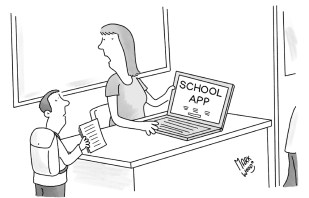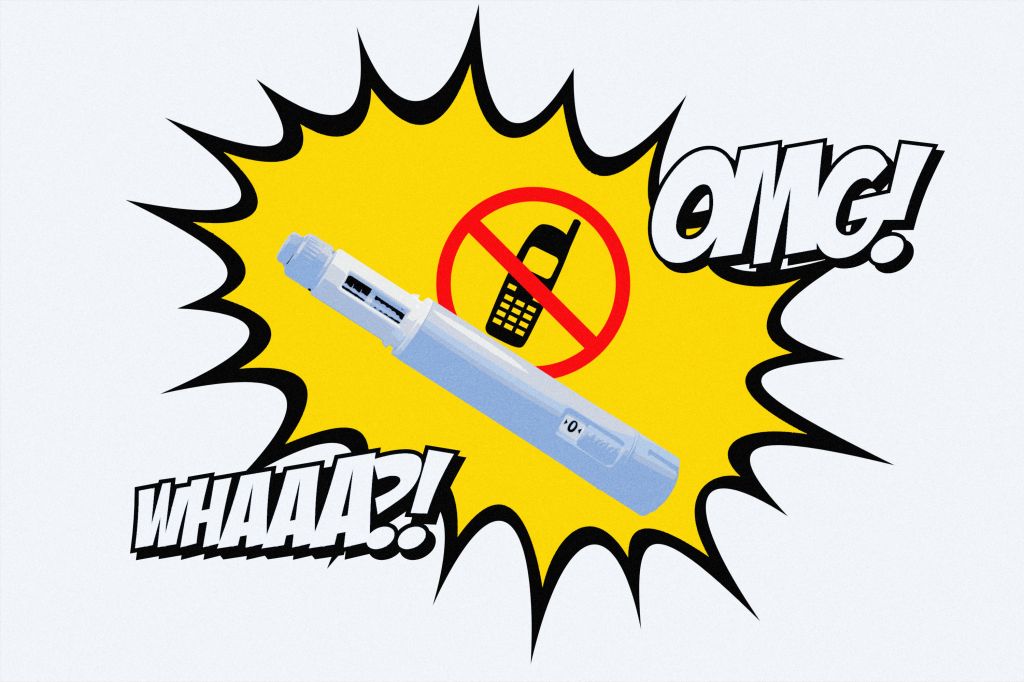
When her brother Lionel was born in 1949, ‘the concept of neurodiversity didn’t exist’, writes Caroline Elton. The subtitle of her profoundly moving memoir, ‘A Portrait of My Autistic Brother’, is misleading. The book is really about the experience of being the sibling of a person who is not like you.
Lionel was nine years Elton’s senior, so she draws on their mother’s testimony to relate his infancy and childhood, turning to her own recollections for the later years. He learnt to read before he could speak, played the piano faultlessly by ear (his mother taught him), and could tell you what day of the week a date would fall on in any year. He was also severely short-sighted and subject all his life to what Elton describes as ‘meltdowns’, during which he stamped on his glasses and bit his hands until they bled.
Lionel was devoted to his radio, and to strict timetables – disaster loomed if Elton was five minutes late when she arranged to pick him up. He received for almost all his life exemplary medical attention at London’s Maudsley hospital, notably from the pioneering paediatric psychiatrist Sir Michael Rutter. Lionel held down various jobs in supported environments with the help of advocacy organisations, found or even set up by his mother, and he lived in sheltered housing until his final illness.
A psychologist whose first book explored ways in which the sector can support the needs of doctors themselves, Elton is able to navigate both the burgeoning clinical literature and the shifting perceptions of neuro-diversity. She tackles the ‘staggering growth in diagnoses’, for which she suggests that ‘diagnostic broadening may be the most significant factor’. In terms of care and outcomes, of course, she is aware that her brother, ‘unlike so many of his autistic peers, wasn’t in precarious housing, unemployed and isolated’. Lionel was, in other words, one of the luckier ones.
Elton writes clearly, with yeasty dollops of direct speech to help the prose rise. Colloquial vocabulary seems appropriate to the intimate nature of the material (‘headspace’, ‘double whammy’ and so on); and she has a writer’s instinct for specificity (Lionel crunching roast chicken bones in public and sucking out the purple marrow). About this behaviour, Elton felt shame, then ‘shame about the shame, meta-shame, in fact’.
‘It was only in the mid- to late-1990s,’ she writes, when the narrative reaches that point, ‘that the neurodiversity movement emerged’ – the result being ‘nothing less than a complete reframing of what it means to be autistic’. The ‘spectrum’ concept has now yielded to one of ‘spiky profiles’, in recognition of the fact that ‘somebody can be hugely talented in some aspect of their life but struggle completely in others’.
Elton includes topics absent from most literature aimed at those caring for the neurodiverse, notably concerning Lionel’s sexual needs. Also unusually, she allows herself feelings (siblings of the disabled can’t really have them), referring to ‘fears which dominated our childhood’, ‘guilt’, ‘resentment’ and being ‘overlooked’. She even cites an early clinical paper on the effect an autistic brother or sister has on children, and how it is harder if the ‘affected sibling has an ill-defined or vague difficulty’ rather than an immediately visible condition.
When their mother was dying in 2017, Elton and her sister Liz promised her they would take care of Lionel. He was 68, and the third and final part of Looking After covers his subsequent cancer and death in January 2020. ‘During this period,’ Elton writes, ‘when Lionel, of necessity, was at the centre of our lives, for the first time Liz and I got to know our brother.’

She often describes the comfort of having her sister’s support – ‘the sense of reassurance I felt as we walked arm in arm’ and the profound relief of not carrying sole responsibility for the ‘looking after’ of the book’s title. Others battle on alone. My only sibling, Matt, 18 months my junior and now 62, is devoted to his radio, like Lionel was. He is also profoundly intellectually disabled with hugely limited cognitive abilities, challenging behaviour and no capacity for empathy. You love them more, not less, and Matt only put me in hospital once as a child. Even then I simply had stitches in my head and didn’t have to stay overnight. I am, though, effectively the sister of an only child, and I think of our mother – as devoted to Matt as Lionel’s was to him – as his, not mine. I will not be the only sibling to appreciate Looking After. Our voices are seldom heard.







Comments